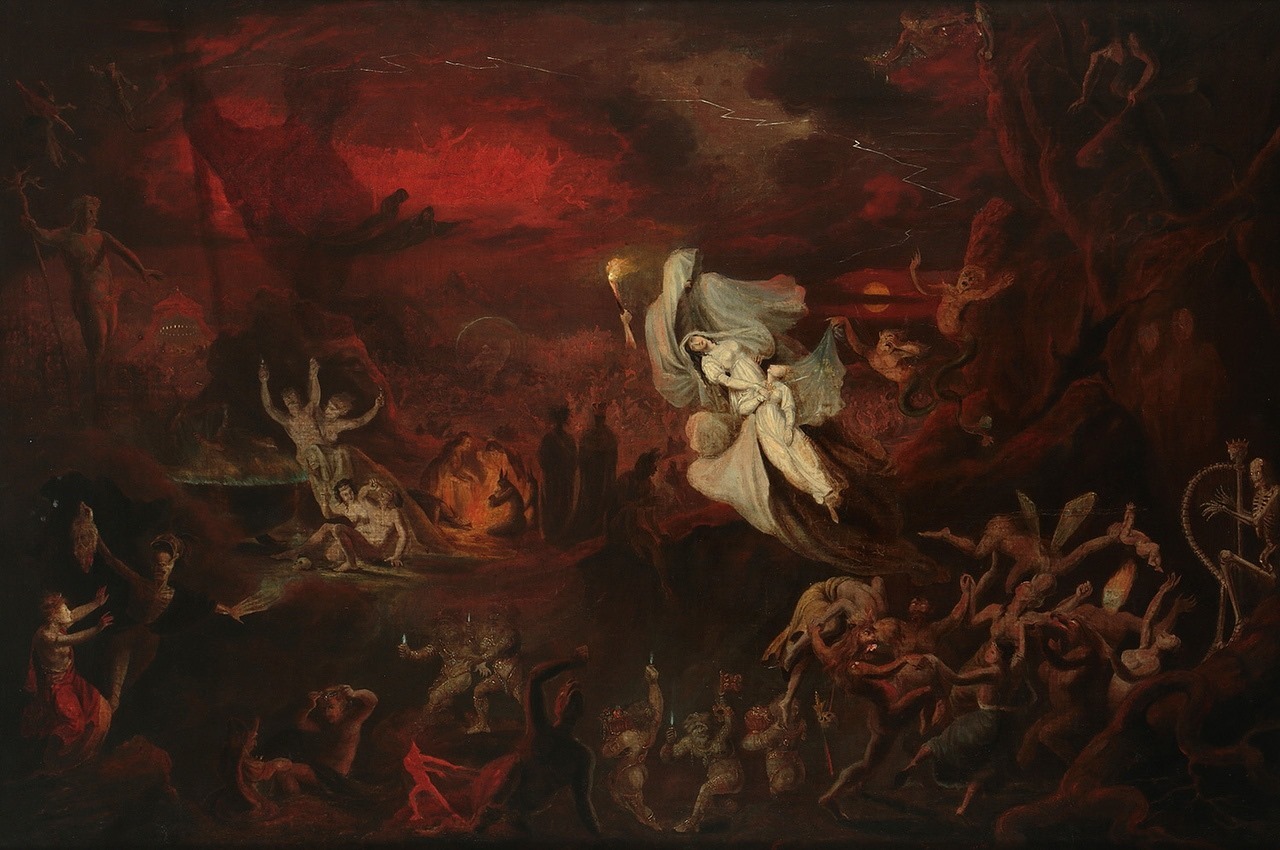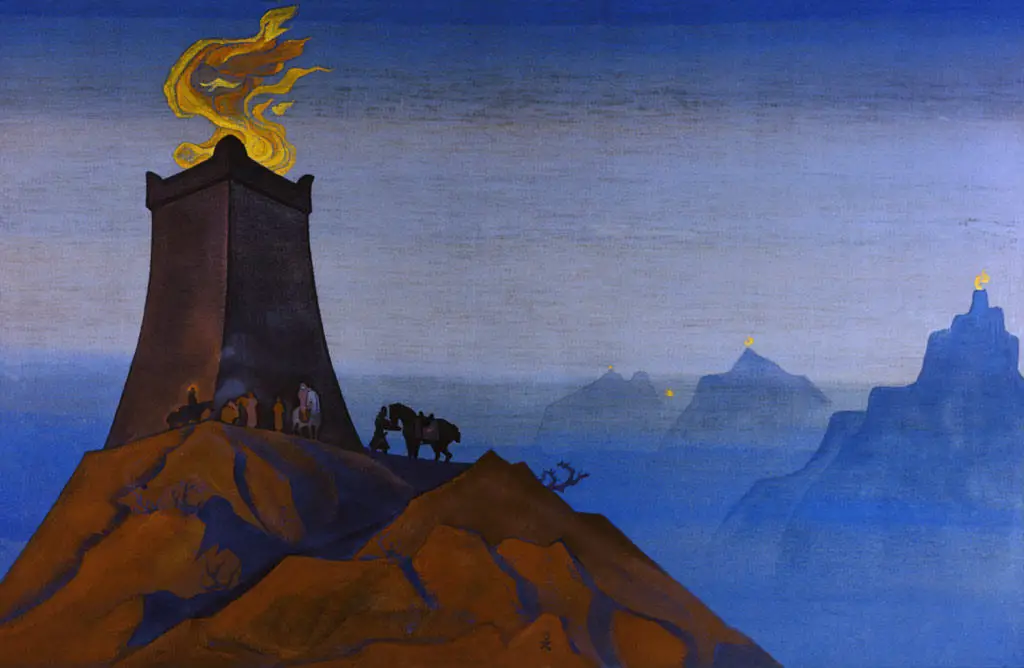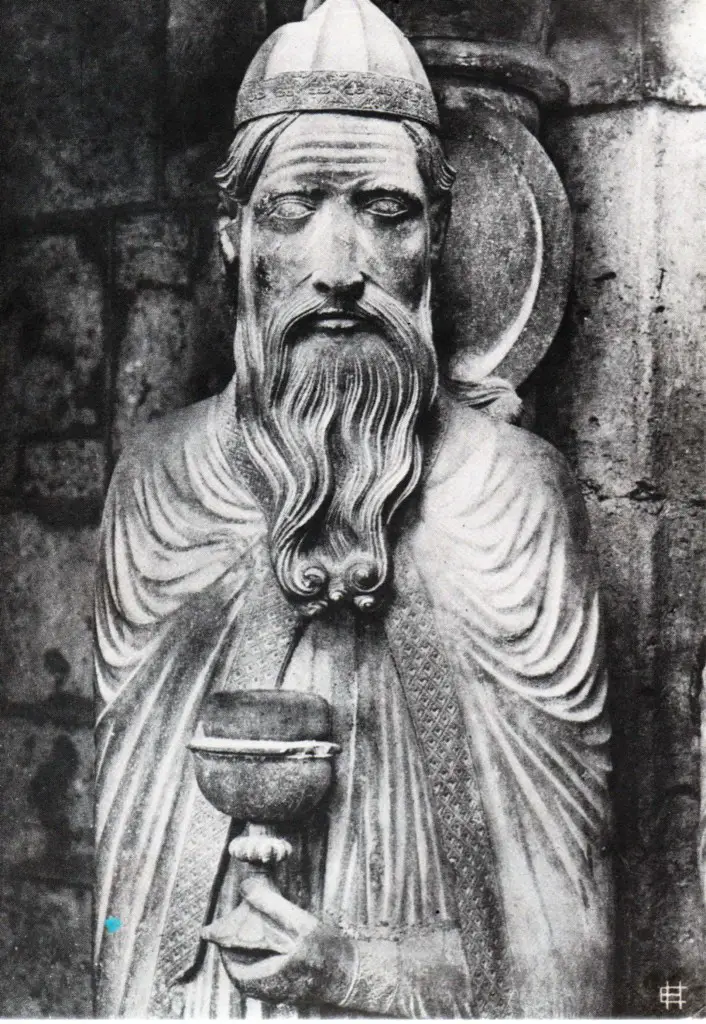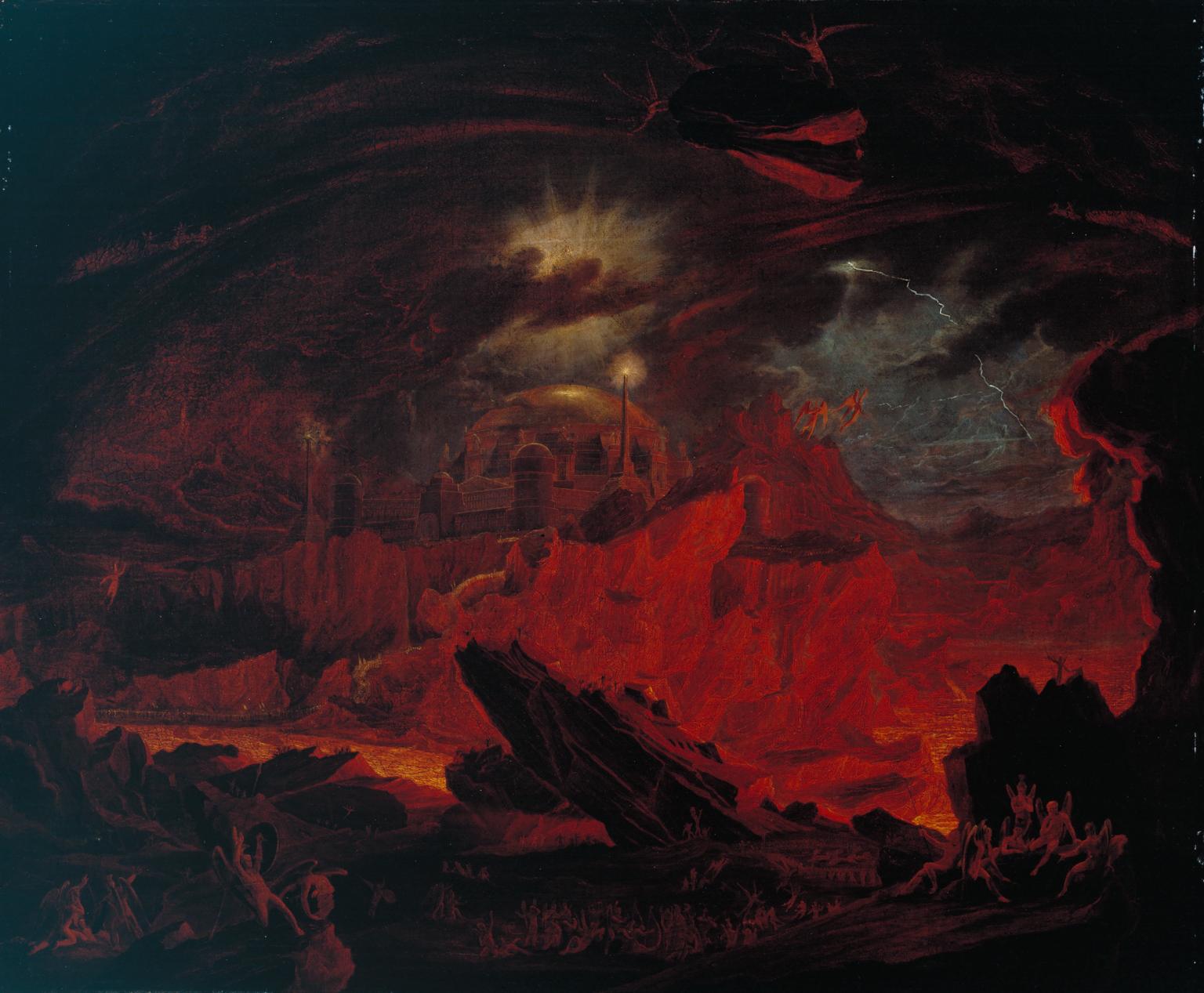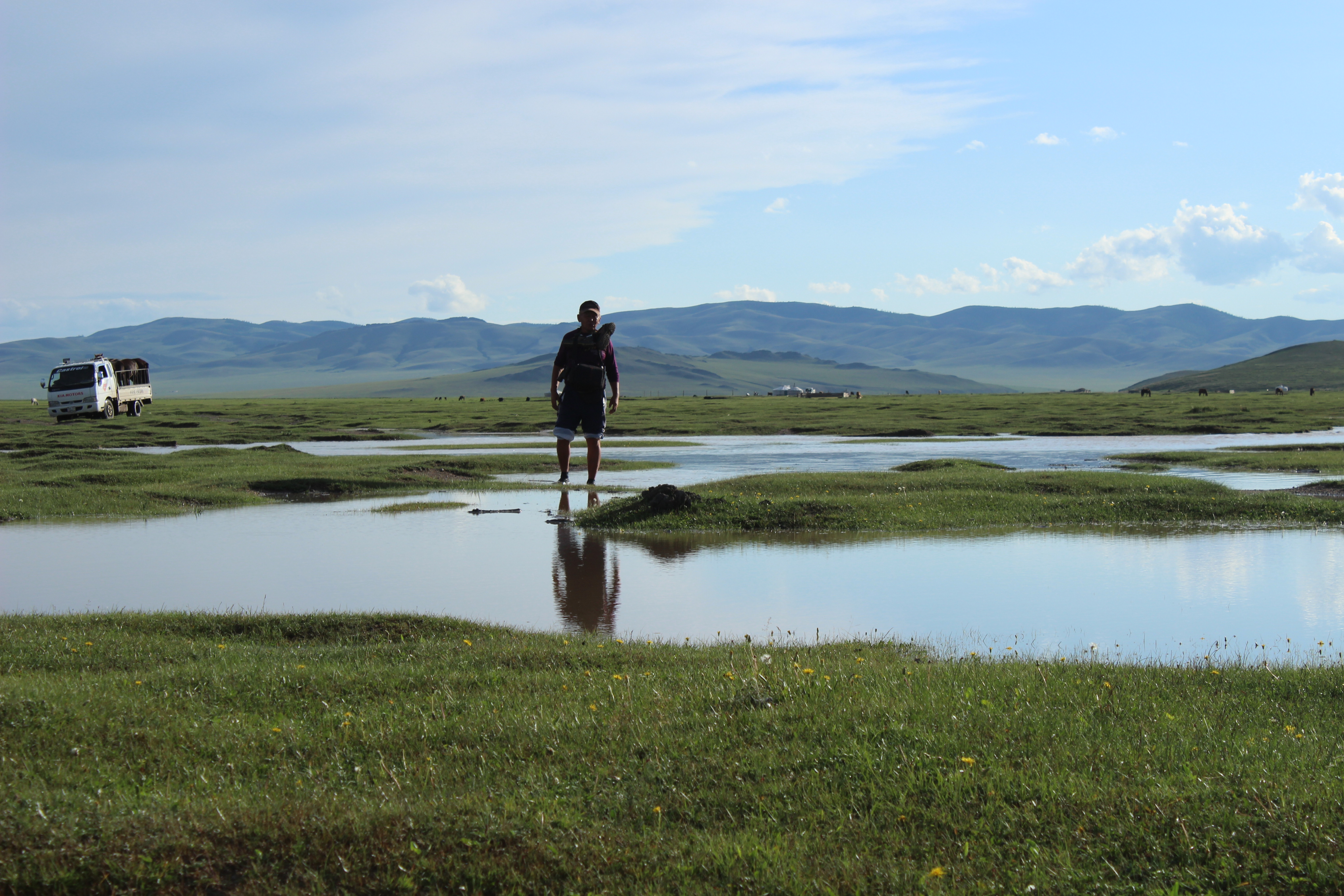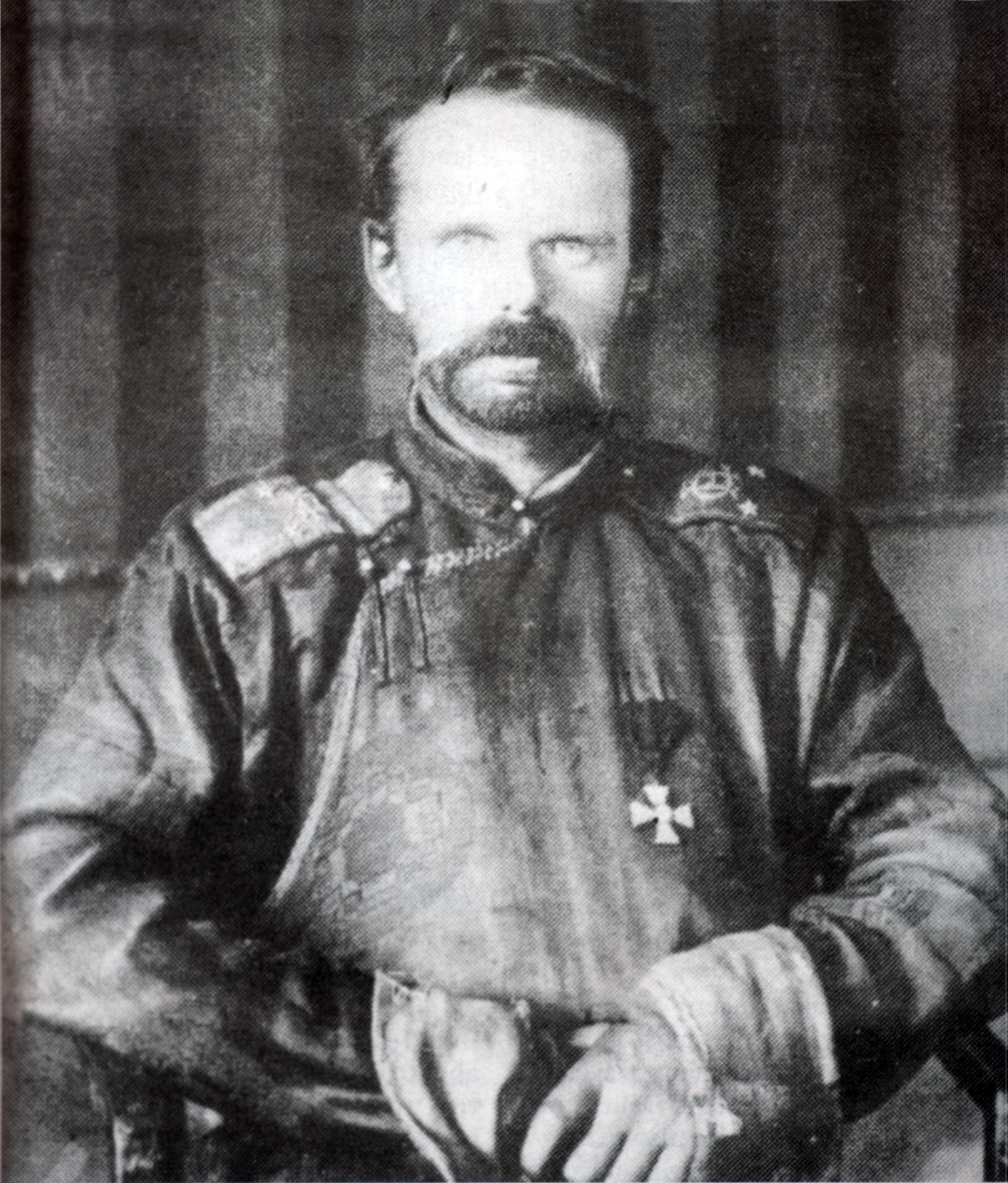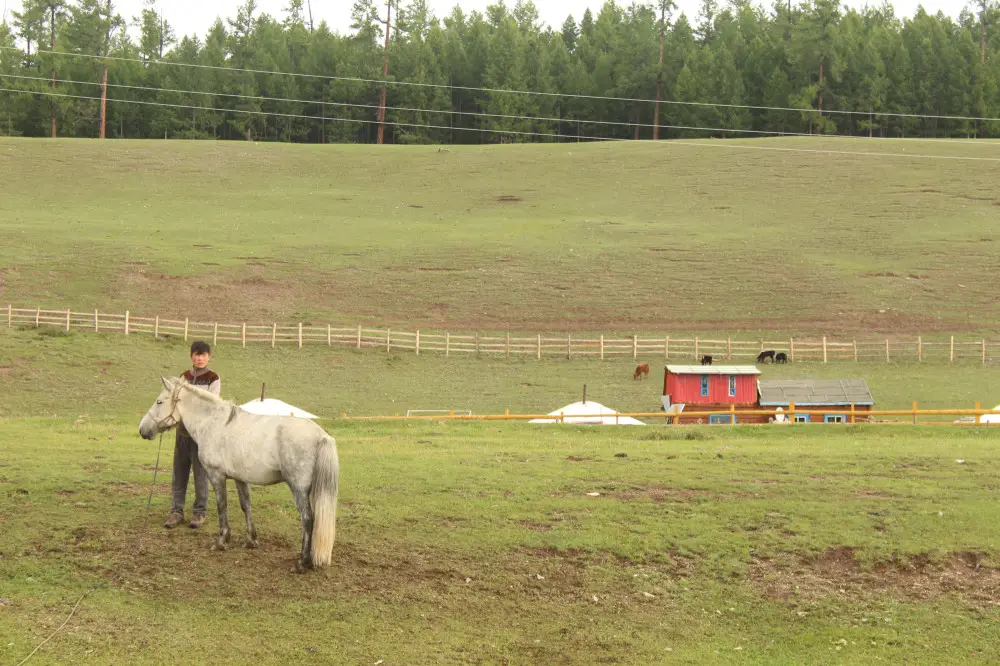Tag: ossendowski
“The Traveler of Agartha”: the magical realism of Abel Posse
In the initiatory novel by the Argentine writer and diplomat, published thirty years ago and set during the last bars of the Second World War, the "magical realism" of Pauwels and Bergier, the esoteric doctrines of the Theosophical School of the late nineteenth century, are combined. — which then influenced the Central European secret societies Thule and Vril — and the eastern legend of the underground kingdom of the Immortals. In the background, a Europe by now on its last legs and a Tibet that within a few years would have experienced the indelible tragedy of the Chinese invasion.
Beasts, Men, Gods
Ferdinand Ossendowski's travel report through Central Asia is a precious testimony of the geopolitical upheavals of the early 900s, but what emerges above all are the "magical" beliefs and the atavistic superstitions of the Himalayan highlands.
"Underground" civilizations in myth, occultism and "alternative reality"
Simultaneously with the publication of our article on "Underworld Civilizations in Fantastic Literature" appeared in Cosmic Dimension, we have drawn up here a brief excursus on the same topos in the sacred traditions, in the esoteric sphere and in the "alternative reality" of the twentieth century
Journey to Mongolia: the confessions of Bolod the Buryat
Our second travel report, for friends of de The sign, on Mongolia: from shamanic cults to the Empire of Genghis Khan, from Buddhist Lamaism to Soviet domination
Von Ungern-Sternberg's religiosity: between Buddhism, shamanism and Christianity
di Amodio of War
There are characters that history puts on the back burner. The Great History, the one with a capital "S", the one taught at school, high school, university, marginalizes, forgets, excludes these characters. I have never found the name of Roman Fëdorovič Nicolaus von Ungern-Sternberg in those “fashionable” encyclopedias, in “official” books, in university manuals. When we talk about the Russian Civil War, and especially the White Army, the names of the admiral are always mentioned Kolchak, of the generals Vrangel ', Kornilov, Denikin, but I have never heard of the name "von Ungern-Sternberg".
Travel photo reportage: Northern Mongolia (part II)
(follows from part I)
«Land of bare mountains, of plains heated by the sun and frozen by the cold, where the diseases of cattle and men, plague, anthrax and smallpox reign; land of hot springs and mountain passes guarded by demons, of sacred lakes teeming with fish; land of wolves, rare species of deer and mouflons, of millions of marmots, horses, donkeys and wild camels, all animals that have never known the bridle, land of ferocious dogs and birds of prey that devour the corpses that that people abandon in the plains: such is Mongolia.
Homeland of people who are disappearing and watch the calcined bones of their ancestors whiten in the sun, people who conquered China, Siam, northern India and Russia, and whose chests collided with the iron spears of the Polish knights who were defending then Christianity from the invasion of wild and nomadic Asia: such is Mongolia.
A land of great natural wealth that also produces nothing, needs everything, and seems to suffer from all the evils and cataclysms of the world: such is Mongolia. "
(FA Ossendowski, "Beasts, men, gods", chap. XVII, "Mysterious Mongolia")

